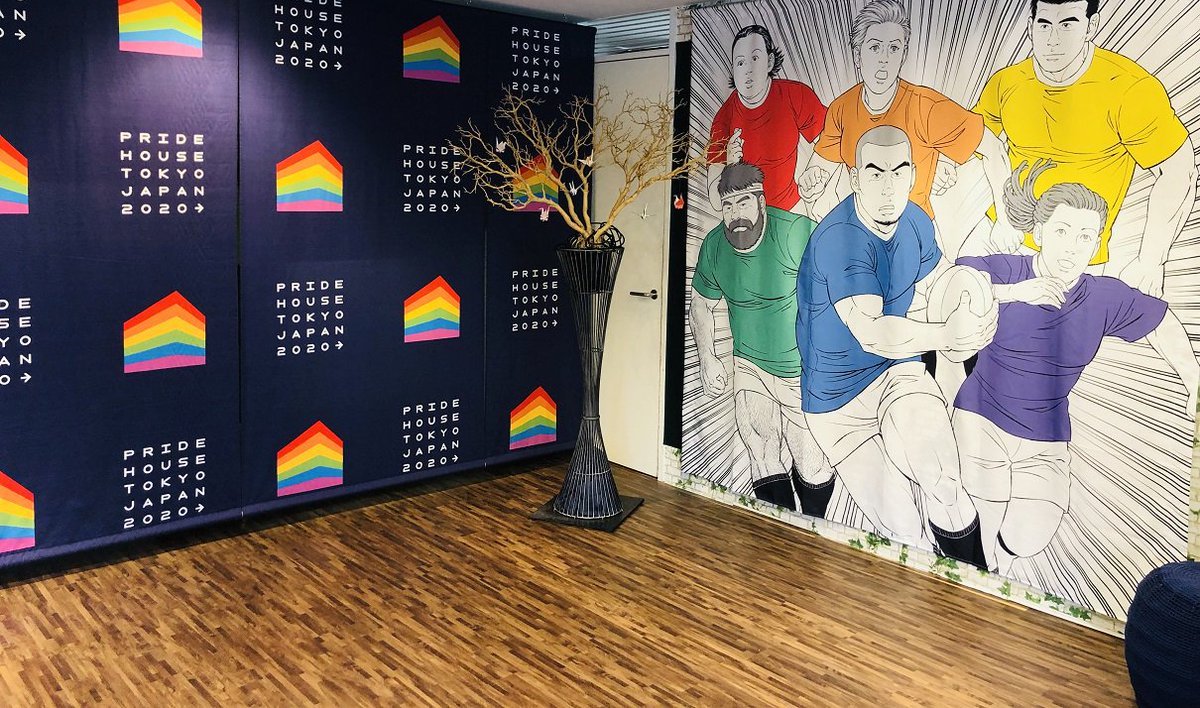
Tokyo opens LGBTQ hub as part of Olympics project
October 16, 2020
Tokyo opened its first major community hub for LGBTQ people as part of a pre-Olympics project which campaigners hope will tackle stigmas and raise awareness of discrimination.
Pride House Tokyo is based on similar inclusive pop-up sites set up at past Olympics but will offer permanent meeting space and information center, seeking to educate the public about sexual diversity and offer refuge to those suffering harassment or discrimination.
While Japan has some protections for sexual minorities, it remains the only Group of Seven countries that does not recognize same-sex unions and many couples say they struggle to rent apartments together and are even barred from hospital visits.
Those challenges mean spaces like Pride House, set up in coordination with Tokyo 2020 Olympic organizers, are needed in Japan, say activists.
"Japan, not just in sporting circles but society as a whole — including schools and workplaces — is not friendly to LGBTQ people, and it is hard to come out," said Gon Matsunaka, who heads the project behind Pride House.
While the center is being set up under a recent Olympic tradition, the project is officially named "Pride House Tokyo Legacy" and activists hope its influence will extend beyond the Games.
The venue "will be a landmark that could change the landscape for LGBTQ people in Japanese society," Matsunaka said.
The International Olympic Committee echoed hopes for a lasting legacy. "In sport, we are all equal," IOC President Thomas Bach said in a statement. "We, therefore, welcome that Tokyo 2020 has embedded diversity and inclusion in the Olympic Games model."
The first Pride House was launched at the 2010 Vancouver Winter Games. Temporary venues have since appeared at London 2012 and Rio 2016 and at other international sporting events like the Commonwealth Games.
Those involved in setting up the Tokyo Pride House include Fumino Sugiyama, a former athlete who was on the national women's fencing team before coming out as a transgender man. "When I was fencing, it was unthinkable to come out in the sports community, which was particularly homophobic."
Activists have launched several legal challenges recently intended to expand rights for the community, including suits last year accusing the government of discrimination for failing to recognize same-sex unions.
Sugiyama said it would be important for Pride House, in Tokyo's lively Shinjuku area that has a well-known gay district, to stay open beyond the Olympics.